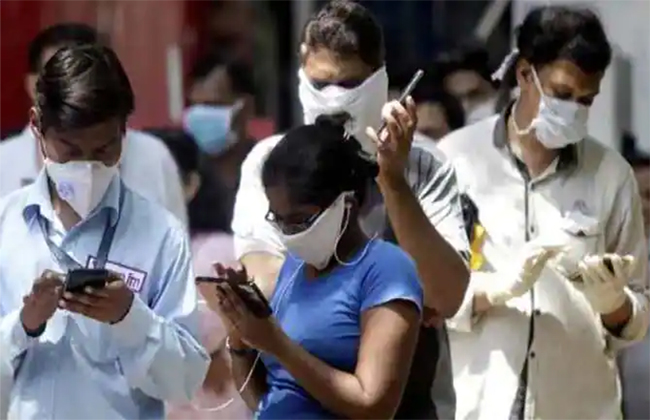
About 80 per cent of the Covid infections in the country are now caused by the Indian Delta variant. This strain’s infection capacity is higher than that of the United Kingdom and South Africa previously identified in Bangladesh. The government’s Institute of Epidemiology, Disease Control and Research (IEDCR) and the Institute for Developing Science and Health Initiatives (IDSHI) have unfolded this information through genome sequencing of recent samples of coronavirus. The IEDCR has said that, after reviewing the history of the victims, it has been seen that this delta type has already spread alarmingly in Bangladesh in community level.
As alarming as this news is, there are two other issues of concern. The Indian Delta variant is spreading not only in border districts but also in various districts within the country while infection and mortality rates are also increasing across the country. Hence, it is highly necessary to take steps to control the situation and be more vigilant in all areas, including ensuring compliance of hygiene rules.
The official name of this Indian type of coronavirus which has caused concern all over the world is B.1.617.2. However, the World Health Organisation has named it ‘Delta’. The organisation’s website identifies this type as ‘Variants of Concern’. According to the IEDCR, this Indian delta type of the virus has been found in border districts of the country as well as in non-border districts. The Delta variant has also been found in Dhaka city. According to the IEDCR, the Indian variant has been found the most in Gopalganj and Khulna. Besides, it has also been found in samples collected from Dinajpur, Gaibandha, Bagerhat, Jhenaidah and Pirojpur.
It is noticeable that, out of 40 delta variants found in 50 samples, 14 of the infected patients neither did go abroad nor did come in contact with any patient who returned from abroad. This means that Delta variant infections now exist at the community level. As a result, maximum precautions are needed in various places right now to control the transmission of the Delta variant. A week ago, cluster-based lockdown was recommended in seven districts by an expert committee of the health services department to bring the infection under control in border districts.
In light of that, in addition to the announcement of lockdown in some border districts, upazilas and villages, strict restrictions have been imposed in some more areas. But despite all such measures, the situation in border areas has deteriorated further. Now, it needs to be taken seriously. The administration needs to be more stringent in ensuring proper compliance with the special restrictions imposed in border districts. Because, in various reports published in the media, it was seen that even though the restrictions have been announced, it is being observed in a careless fashion.
Thus, in addition to strengthening the steps taken to control the transmission of Indian Delta variants in various districts of the country including border districts and capital Dhaka, special attention should be paid to Covid vaccination activities across the country. The transmission of various variants of the virus is very uncertain. No one can say there will be no new variants amid concerns over the Delta variant. Against this backdrop, the majority of the people in the country have no choice but to move fast towards building hard immunity through vaccination.

